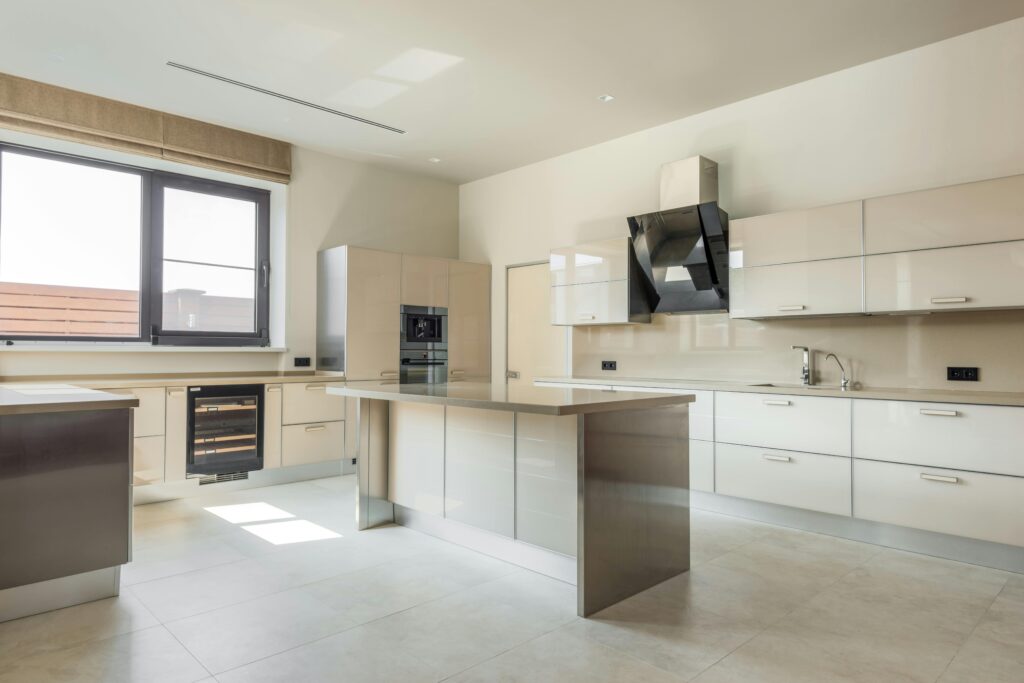
The kitchen has evolved into more than a space for cooking; it has become the nucleus of modern living. In 2025, homeowners are no longer settling for generic layouts but are seeking intelligent, aesthetic, and practical solutions. A modular kitchen represents this fusion of functionality and artistry, making it the first choice for urban households. Selecting the right one requires careful thought, a balance between utility and design, and an understanding of emerging trends.
Evaluate Space and Functionality
Every home has its own rhythm. The first step is to evaluate how the kitchen space is used daily. Compact apartments often benefit from sleek layouts that maximize storage without crowding. Larger homes may allow expansive counters, islands, or breakfast zones. A well-planned interior kitchen design will ensure that every inch serves a purpose. Look for ergonomics that minimize unnecessary movement—placement of the sink, stove, and refrigerator in a seamless triangle is still a golden rule in modular kitchen designs.
Embrace Technology Integration
In 2025, the kitchen is as much about technology as it is about taste. Smart appliances, motion-sensor faucets, integrated lighting, and AI-enabled refrigerators are no longer luxuries but essentials. A thoughtfully designed modular interior can conceal wiring and appliances while maintaining an uncluttered look. When selecting cabinetry, consider panels that support easy integration of these futuristic elements.
Material and Finish Choices
Durability remains paramount. Laminates and acrylics are popular for their resilience and sheen, while quartz and granite continue to dominate countertops for their strength. Sustainable materials are rising in preference as environmentally aware households seek greener alternatives. The finish you select defines the character of your interior design—matte finishes bring understated elegance, while high-gloss surfaces create a contemporary flair.
Style with Practicality
Choosing a style is not merely about looks; it’s about how it complements daily life. Minimalist layouts with clean lines work well for busy professionals who prefer easy maintenance. For those who host often, open-plan kitchens with islands encourage interaction. Customized storage units such as pull-out baskets, carousel units, and vertical trays add efficiency without compromising aesthetics.
The Role of Designers
Professional guidance elevates a project. Experienced Tili, an interior design company in Jayanagar, is adept at interpreting personal taste while balancing technical requirements. They can translate abstract ideas into tangible plans, ensuring that the modular kitchen aligns with the home’s architectural flow. Their expertise also prevents costly errors and guarantees a finish that stands the test of time.
Looking Ahead
The future of the kitchen lies in adaptability. Homes are dynamic, and so should be the design. A flexible modular kitchen allows parts to be upgraded or reconfigured without overhauling the entire space. With innovation and design thinking at the forefront, kitchens in 2025 are not just places to cook—they are personalized spaces that reflect lifestyle, culture, and aspirations.
A carefully chosen design is more than a purchase—it is an investment in daily comfort, functionality, and timeless beauty.

